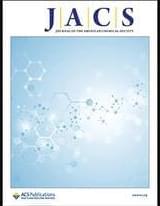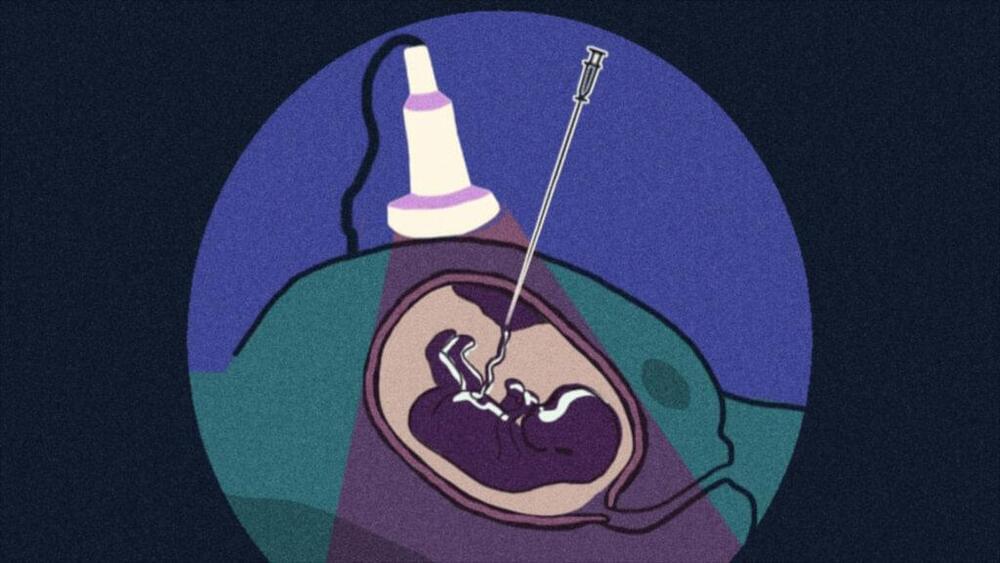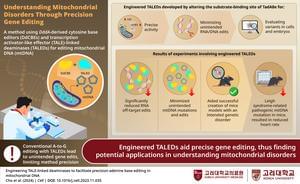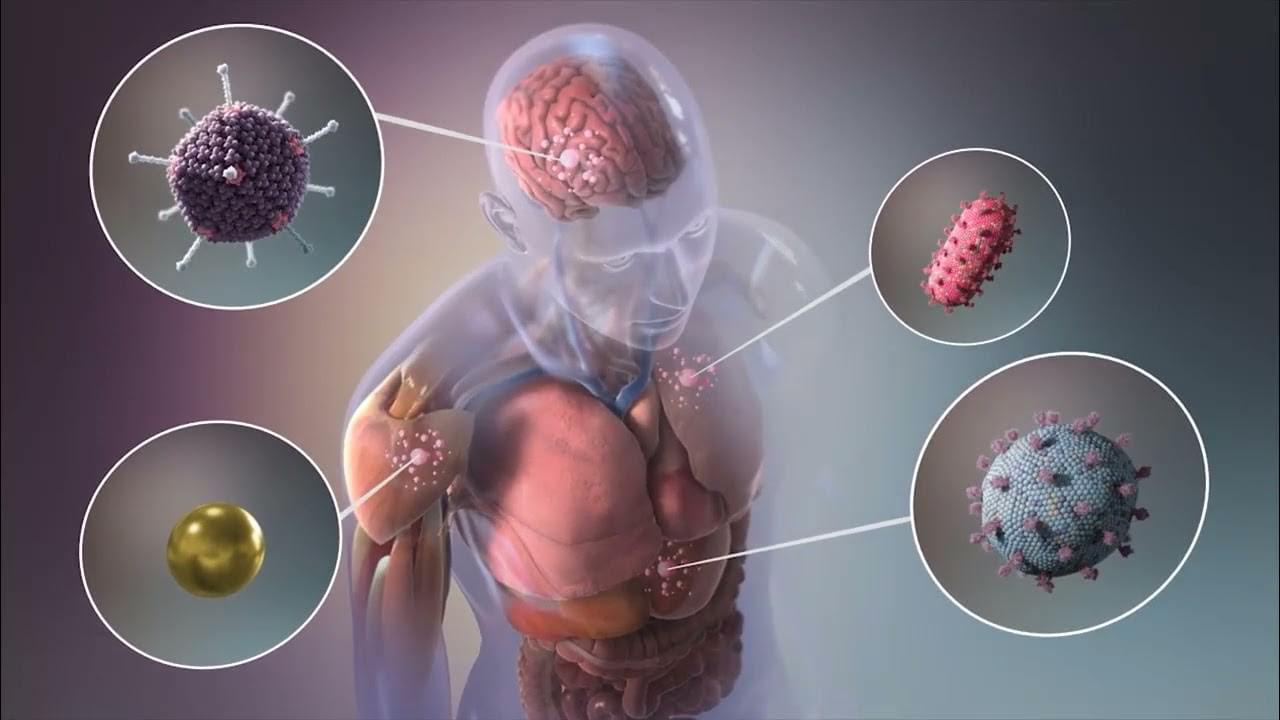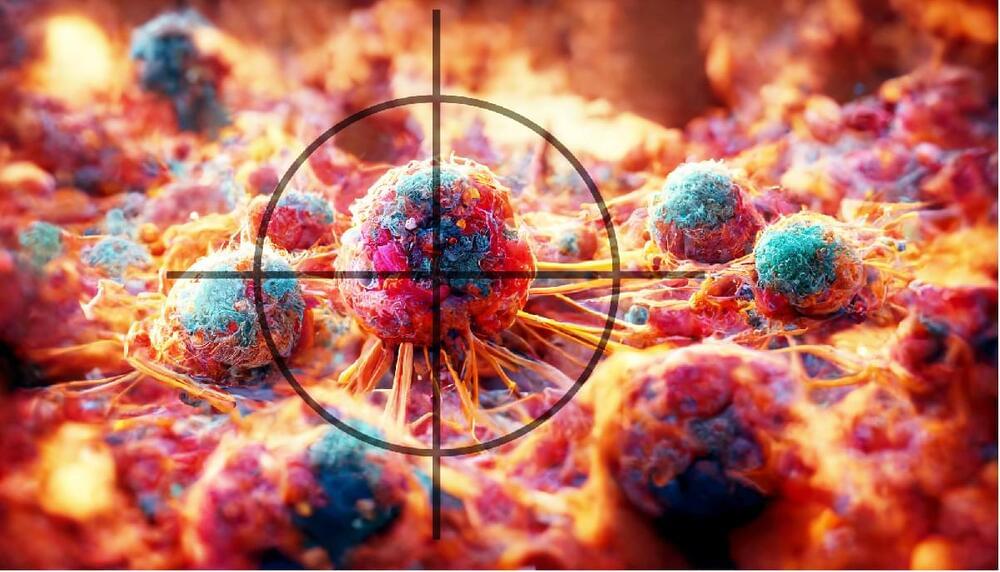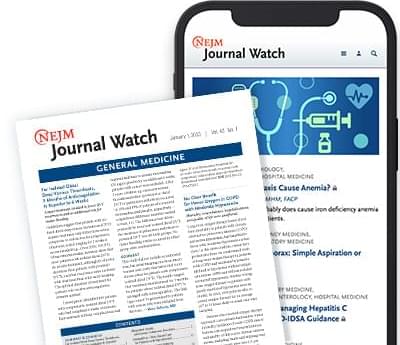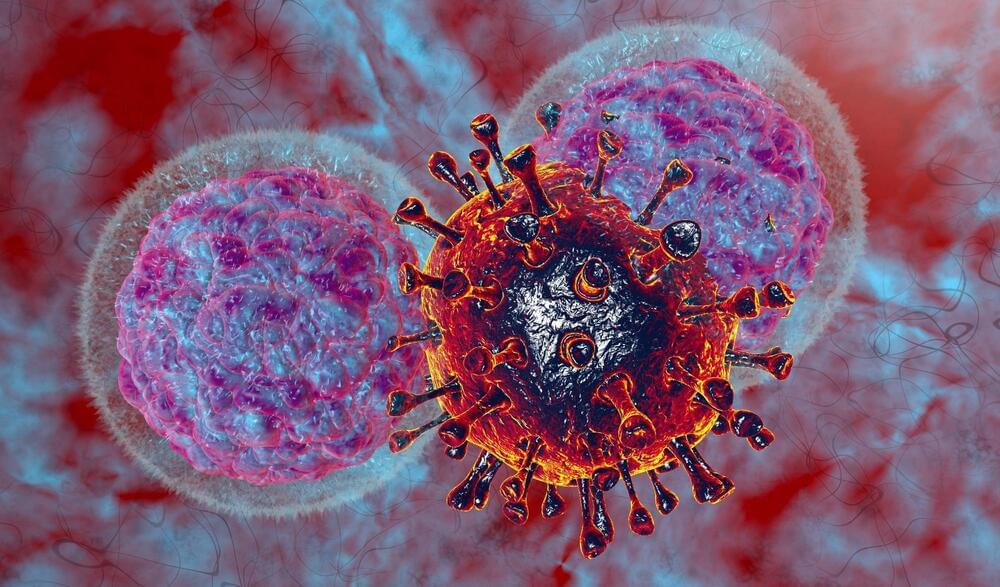Feb 23, 2024
Exceptional Nuclease Resistance of DNA and RNA with the Addition of Small-Molecule Nucleobase Mimics
Posted by Dan Breeden in category: biotech/medical
Nucleases present a formidable barrier to the application of nucleic acids in biology, significantly reducing the lifetime of nucleic acid-based drugs. Here, we develop a novel methodology to protect DNA and RNA from nucleases by reconfiguring their supramolecular structure through the addition of a nucleobase mimic, cyanuric acid. In the presence of cyanuric acid, polyadenine strands assemble into triple helical fibers known as the polyA/CA motif. We report that this motif is exceptionally resistant to nucleases, with the constituent strands surviving for up to 1 month in the presence of serum. The conferred stability extends to adjacent non-polyA sequences, albeit with diminishing returns relative to their polyA sections due to hypothesized steric clashes. We introduce a strategy to regenerate stability through the introduction of free polyA strands or positively charged amino side chains, enhancing the stability of sequences of varied lengths. The proposed protection mechanism involves enzyme failure to recognize the unnatural polyA/CA motif, coupled with the motif’s propensity to form long, bundling supramolecular fibers. The methodology provides a fundamentally new mechanism to protect nucleic acids from degradation using a supramolecular approach and increases lifetime in serum to days, weeks, or months.
